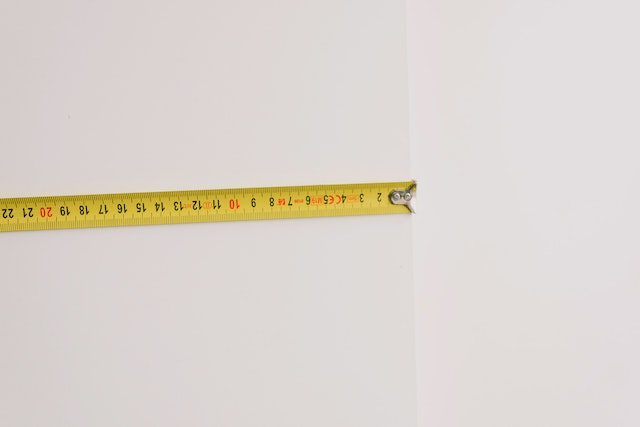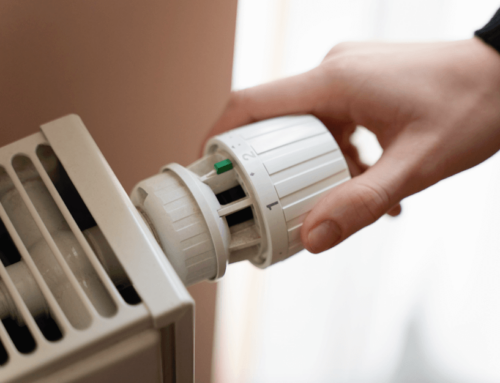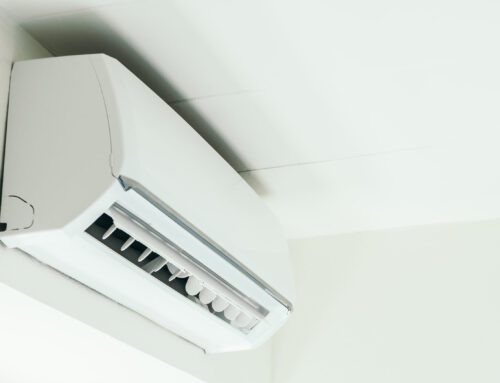 When shopping for a central air conditioner, choosing a unit that’s the right size is critical. The size of your home is important for deciding what size you need, but you should also consider the size of your ductwork, how much insulation you have, and how many doors and windows there are. Let’s look at how to calculate what size air conditioning unit you need.
When shopping for a central air conditioner, choosing a unit that’s the right size is critical. The size of your home is important for deciding what size you need, but you should also consider the size of your ductwork, how much insulation you have, and how many doors and windows there are. Let’s look at how to calculate what size air conditioning unit you need.
What Size Central AC Do I Need?
Air conditioner unit sizes are measured in BTU/hour. This measures how many square feet the unit can effectively cool. In Canada, the general rule of thumb is to use 10-15 BTU/hour for every square foot of space. However, this calculation can go up or down depending on your home’s other characteristics.
How to Measure What Size of AC Unit You Need
Multiply your home’s square footage – excluding the basement – by 10 BTU/hour to get a central air conditioner’s minimum cooling capacity. For example, if a space is 1,500 square feet x 10 BTU/hour, 15,000 BTU is the minimum size of central air conditioner you want to buy.
While this measurement will give you a rough idea of the size of the AC unit you need, it’s best not to buy one without consulting an HVAC professional. They will consider the other characteristics of your home and the condition of your ductwork to determine the exact size you need.
Why Is Central AC Size Important?
Air conditioning units that are too small don’t effectively cool your home, but you shouldn’t purchase one that’s too large, either. Here are some of the problems you may encounter with an AC unit that’s the wrong size:
- Your house won’t cool down. When an AC unit is too small for the square footage it needs to cool, it will run non-stop to cool your home. Not only will this leave your house warmer than you’d like, but it will also dramatically increase your energy bills and can burn out your AC unit.
Oversized units will cycle frequently and run short cooling cycles. This also results in inefficient cooling. - Energy costs will increase. Improperly sized central AC units are inefficient. That means your monthly energy bills will go up significantly.
- You’ll need to replace your AC sooner. Central air conditioning units should last 10-15 years if they are correctly sized, installed and maintained. An AC unit that doesn’t fit your home will have trouble handling the extra demand and need replacing much sooner than a unit sized properly.
Finding the Right Size AC Unit for Your Home
An HVAC professional considers the following factors when installing a new air conditioner:
- Home size and layout. Your home’s square footage and the number of stories determine the minimum size of the AC unit.
- Window placement and outdoor landscaping. How many windows you have and how much heat they let in play a significant role in your AC needs. If your windows are well-shaded by trees, you may need a smaller unit than if your home has lots of south-facing windows.
- Insulation and existing ductwork. Insulation determines how much heat enters a space, while ductwork size determines what size unit can be installed. Using an AC unit that’s too large for your heating ducts results in inefficient cooling.
- Climate. Where you live must also be taken into account. Cooling needs differ depending on the outside environment. Improper AC unit sizing will leave your home with excess humidity, making it feel hotter than it should.
Central Air Conditioning in Canada
These guidelines should give you an idea of what size air conditioning unit is best for your home. However, an HVAC professional can provide the most accurate assessment of your cooling needs.
Canada HVAC is a premium supplier of air conditioners and other HVAC products. Call us at 833-672-8975 or complete our contact form to speak with a specialist.





